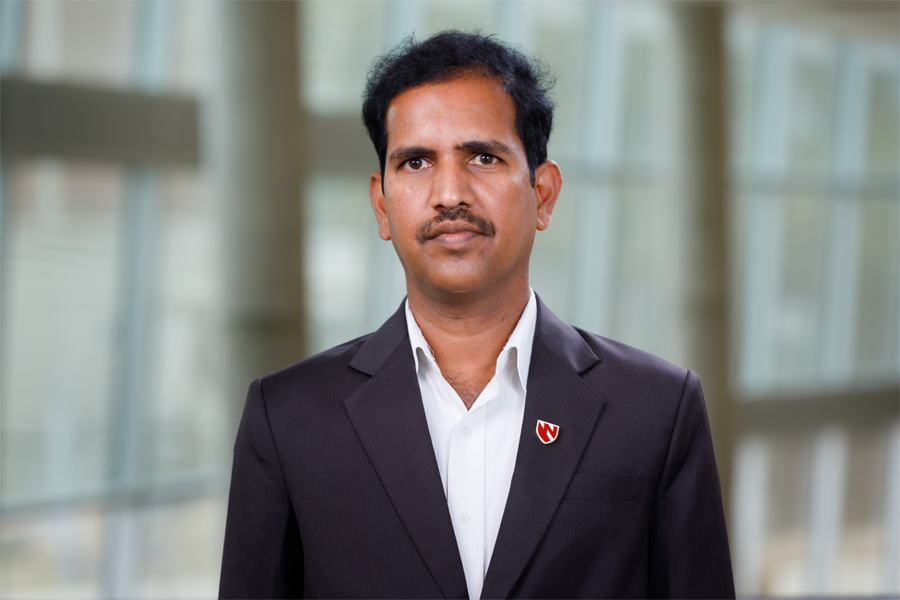Ragupathy Vengoji, PhD

Glioblastoma is an aggressive brain tumor with a median survival of 15 to 18 months and a dismal five-year survival rate of 10%. Current treatment methods include maximal safe surgical resection, followed by radiation therapy in combination with temozolomide.
Though temozolomide often is initially effective, cancer cells become resistant within a few months, and the tumor regrows. Glioblastoma recurs inevitably in almost all patients, and limited FDA-approved drugs are available. Thus, a pressing need remains to find an effective drug.
We analyzed the genes in temozolomide-sensitive and -resistant glioblastoma cells and found that a putative gene signature, the homeobox gene associated with temozolomide resistance. Two primary pitfalls in interpreting response in glioblastoma patients are pseudoprogression and radiation necrosis.
Pseudoprogression is worsening of contrast enhancement caused by a robust inflammatory response to treatment rather than true tumor growth and occurs most often within 90 days of completing chemoradiation therapy.
Radiation necrosis presents similarly but peaks at six to nine months after radiation therapy and can occur as late as five years after. Also leading to increased contrast enhancement, it is postulated more from leaky vessels within the radiation field.
To address these issues, our lab is mainly working on:
- Novel combination therapies for glioblastoma.
- Elucidating the mechanism of temozolomide resistance in glioblastoma.
- The identification of novel, differentially expressed gene/serum-based biomarkers (exosomes) to differentiate pseudoprogression and radiation necrosis from true tumor progression.
- Generation of genetically engineered mouse models for spontaneous glioblastoma.
University of Nebraska Medical Center
985870 Nebraska Medical Center
Omaha, NE 68198-5870